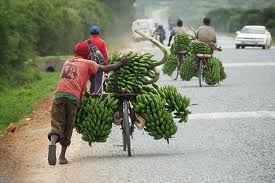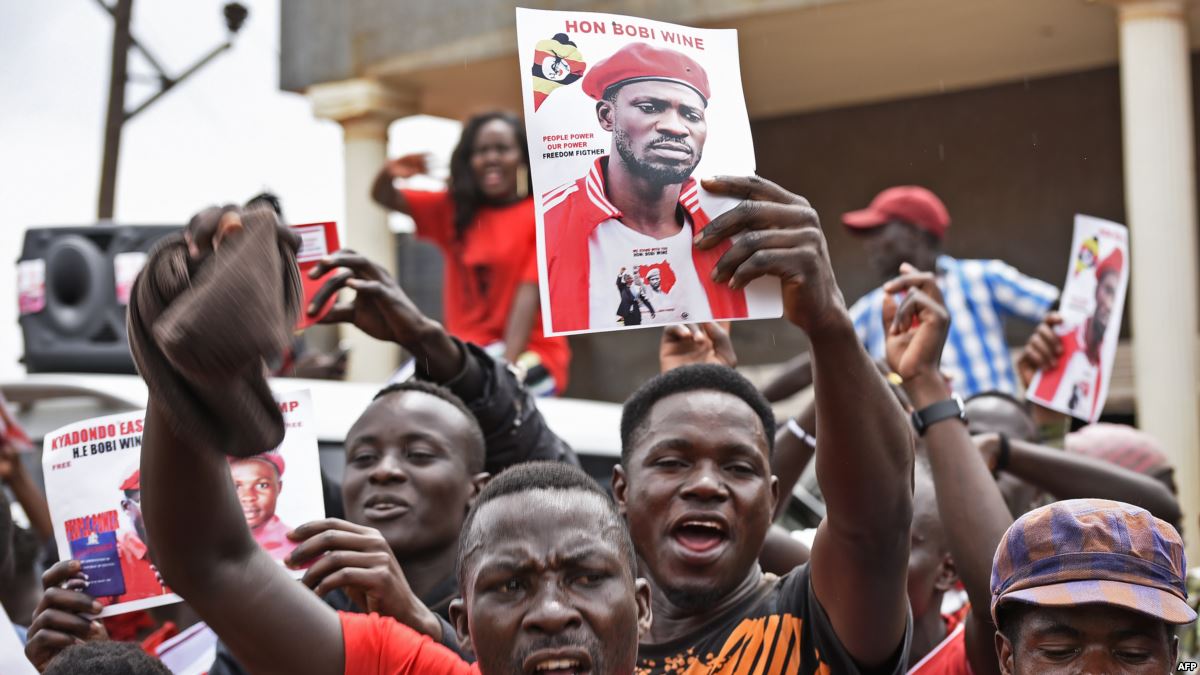Dear Angelo and Readers of this blog
My dream came true. Finally.
For nearly a decade now I had been obsessed and looking forward to exploring Morocco. The country was all around me. All the time. I saw its colorful rugs , camel leather bags and brass artifacts and décor, and mosaic patterns everywhere. The waiting came to an end this July. I finally made the pilgrimage to the ‘red earth country’. I love mountains, so the primary reason of my visit was to hike in the Atlas Mountains. But the visit become an intense love affair with the Moroccan people.
It was beyond my dreams. To get to Morocco, however, I had to first scale the mountains of travel bureaucracy that is often the African explorer’s nightmare. Getting from one African country to another is a formidable challenge far worse for native passport holders like me than for non-Africans. My cousins, the Berber people would have to wait weeks while I sought permissions to make the journey to” the other side of the big village”.
A journey from Kampala to Morocco requires a visa. But there is no Moroccan embassy in Uganda. There is however a new consulate. I was initially told the consulate would facilitate a visa but at the last minute, me and my travel companion learnt this was not true. The visas could only be obtained in Dar-es-Salaam, Tanzania, in person and not through courier. It cost nearly 600 USD on transport to the port city at the East African coast as well as five days in travel before we could get the visas. However, since we would be making the connection through Egypt, we also needed an Egyptian visa. There was going to be a 15-hour layover in Cairo with a potential silver lining for a brief quest to the pyramids of Giza.
The embassy in Kampala did not return emails. After a visit to their office on Hill Drive in Kololo we were told alongside the usual documents we also required a clearance “certificate of good conduct” from the international police organization, Interpol. That meant an additional fee of USD20 and a two week wait unless one could afford an expedited procedure for 80 dollars.
I chose to pay for the express fare.
Morocco came with good energy even if immigration officers at the airport are suspicious of every dark-skinned person like me and asked questions about why we were coming to the country. The next several days was an indulgence with a culture so different and so rich; with flavors at its every corner, and humanity so absorbing.
In Casablanca, as we left the magnificent Hasan II mosque (the largest in Africa and the 2nd largest in the world), a random guy slowed down.
“Are you guys from the U.K or Canada?”
“No thank you, we come from Uganda”, responded Otti, my travel mate.
The rest of the evening was occupied with a long walk to the train station with our new friend Samie, a Syrian refugee who was dumped in Morocco after his refugee camp was set on fire.
Samie was clearly an intelligent guy. He had with a fine taste of music and rare appreciation of literature. We were challenged and inspired in equal measure by his happy attitude, his gratitude and lack of self-pity despite his situation. After buying our tickets for a trip to Marrakech the next day, we sat at a teahouse overlooking the wide streets of Casablanca, raised our tea glasses and toasted to Samie. That evening, he was headed to the harbor to sneak into a cargo ship destined for Spain. He hoped that one day he would find his way to America or Canada. The conversations continued and we felt at one with Samie. After handing him 150 Dirhams (15 Euros) and a pack of hard corn, he took his last swallow and was gone.
The following day, on a train to Marrakesh, we shared a cabin with a 6-year old called Mohamed. Donned in kirk shorts, crew neck tee, a pair of sneakers and blue geek glasses, he was a kid prodigy of a sort traveling with his 1-year old sister and their mother. With firm handshakes he greeted all of us with a “hello, nice to meet you sir”. The next four hours showed this youngster’s brilliance, entertainment, and design. He told us about his stories from his favorite superhero danced and showed his fitness. He warmed our hearts movies buying and sharing potato crisps.
“I hope to see all of you again” he said another firm handshake as he and his family left the train, and he too also was gone.
“What a guy!” Kyle, my other travel mate, exclaimed.
After a few days in the red city of Marrakech staying in the Riads in the Medina and sharing teas at every corner with the city dwellers, we finally headed out to Imlil, a mountain village south of Marrakech.
Mountain Travel Morocco, a local mountaineering company had organized for us to climb to the highest peak in the Atlas Mountains – Jebel Toubkal. At our lunch stop into the mountain park, we were met by a young man who welcomed us with high fives. He turned out to be another Mohamed, a muleteer with 5-years’ experience who in essence was the leader of our expedition.
He rode past us on his mule that was carrying all our mountaineering equipment and personal belongings. Mohamed was in charge and the towering rocky peaks and deep gorges of the high Atlas were his play ground. Later we would learn that aged just five he has summitted Jebel Toubkal, north Africa’s highest point five times.
The next day, as we staged our own assault on Jebel Toubkal. It would test our physical strength and of will and character. Mohamed the muleteer, and again, challenged and inspired and challenged us.
The next couple days were occupied by a long road trip into the desert dunes of Merzouga west of Marrakech and close to the western boarder with Algeria. Omar, our driver, was both funny and knowledgeable. The trip turned out an exploration of a large part of the Moroccan countryside. We visited the film city of Ouarzazate, the ancient ruins of Ai t Ben-Haddou, the Rose Valley and the river gorge of Todra. At several points, we stopped for a better view of the rolling rocky peaks and the valleys teaming with dates, olives, almonds, and walnuts.
Whenever we interacted with the local Amazil (Berber) people, it was warm and inviting. A teenager (another) Mohamed who manages a Riad in Ait Ali is a wonderful chef with a great sense of humor. There was Khara, the ‘Berber Queen’ who together with her cousins were selling Moroccan artifacts by the roadside but left on us an indelible impression on our party.
Finally, we took to the camels and spent an overnight under the stars in the desert dunes of Merzouga which was one of the most thrilling experiences made truly special by the warmth of the Berber people of the desert.
Traveling through Morocco is like walking in the days of Jesus of Nazareth or Mohamed of Arabia. Morocco has themed cities with unique but rich vibes. From the all-white Casablanca to the brown Marrakech and the blue of Rabat. The people are generous. They will not let you leave their home or shop without sharing a tea and ‘manna’ bread. Modern Morocco has impressive infrastructure that nonetheless does not interfere with the tradition of mosaic architecture, the colorful rich rugs and carpets handmade by Berber women, the fine ancient pottery and metallurgy with iron and brass.
Morocco is the endless barren peaks of the Atlas, deep gorges and lush valleys flowing with rivers and luxuriant with walnuts, dates, and olives; it is the long coastline on the Atlantic, and the desert dunes of Merzouga, ancient Kasbars and trade routes to Timbuktu, the millennia-old mosques and medinas where families still live in millennia-old Riads and noble men are respected at the city gates.
Morocco is a world of flavors so diverse, a thousand teas in a matter of days, a people so remarkable, and landscapes that are both dramatic and beautiful.
For the people you will meet, the lessons you will learn this is a destination worth exploring no matter the barriers wrought today by artificial borders that keep one Africa from knowing the other. For what it is worth it puzzles me why we still treat each other as strangers. The era of closed borders should be over.
—–
Rushongoka Wa-Mpiira is a Ugandan adventurer and modern-day explorer; and advocates for open boarders for all Africans on their continent.
Follow his journeys on Instagram @rushongoka





